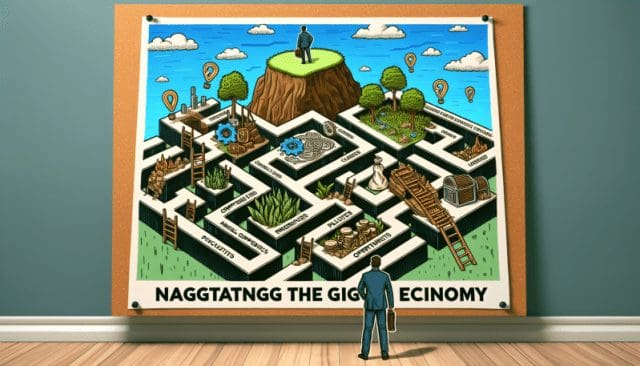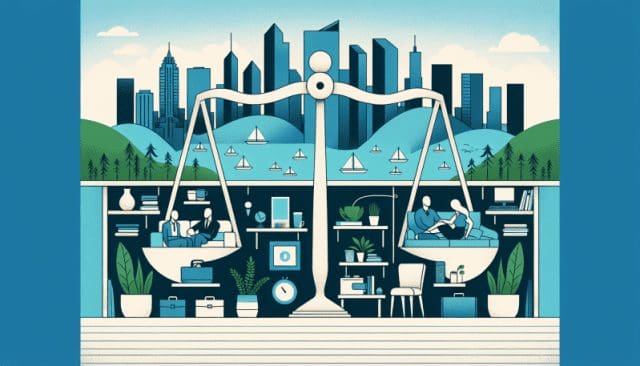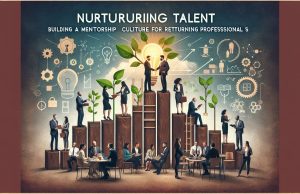Navigating the Gig Economy: Promises, Pitfalls, and the Future of Freelancing in the Corporate Landscape
Welcome to an era where flexibility, autonomy, and digital connectivity define the workday for an increasing segment of the population. The gig economy—a market characterized by the prevalence of short-term contracts or freelance work as opposed to permanent jobs—has cemented its place in the corporate world. As more individuals seek control over their working lives and companies adapt to dynamic business needs, the gig economy’s rise prompts a profound reexamination of the conventional employer-employee relationship.
From a corporate standpoint, the gig economy offers a smorgasbord of advantages. It provides a cost-effective approach to sourcing talent, potentially reducing the overhead associated with full-time staff. Businesses can tap into a global workforce, ensuring around-the-clock productivity and the agility to pivot quickly in response to market changes. Conversely, for workers, the freedom to choose projects that align with personal interests and schedules, as well as the ability to work from anywhere, are tantalizing benefits.
However, this labor model isn’t without its drawbacks. Companies may struggle with fostering team unity and preserving company culture when a significant portion of their workforce is transient. The absence of job security, traditional benefits, and career progression for gig workers also surfaces as a poignant concern. The blend of temporary engagements can contribute to a sense of isolation and a disjointed career trajectory for the individual worker.
Technology, often a double-edged sword, plays a pivotal role in shaping the gig economy landscape. Digital platforms and AI-driven matchmaking systems have simplified the process of connecting freelancers with gigs. Yet, this convenience brings along job displacement fears and concerns related to market oversaturation—where an abundance of available gig workers drives down the overall value of freelance services.
The protection of gig workers is a complex puzzle that demands comprehensive regulatory frameworks. Ensuring equitable work conditions, establishing fair payment practices, and extending benefits typically reserved for permanent employees are crucial to maintaining a fair and balanced gig economy. As legislators grapple with these topics, companies must not simply wait for policy changes but proactively support these workers.
Promoting diversity and inclusion is another terrain where the gig economy can shine. By smashing traditional barriers to employment, freelancing can open doors for underrepresented groups who might otherwise face obstacles in the traditional workforce. Companies, in turn, benefit from an influx of diverse perspectives and experiences.
To integrate gig workers into diversity and inclusion efforts, companies can adopt strategies that acknowledge the unique nature of gig work while striving to create an inclusive atmosphere. This might involve offering professional development opportunities, ensuring inclusive communication practices, and providing platforms for gig workers to voice their needs and feedback.
The future of freelancing within the corporate landscape is not etched in stone. As businesses, workers, and policymakers navigate this evolving terrain, it is clear that the gig economy will remain a significant aspect of the modern work world. The challenges it presents require thoughtful consideration and action to ensure that the promises of the gig economy are realized without overlooking the pitfalls that could undermine its sustainability.
In conclusion, as the gig economy reshapes the workforce, we must balance innovation with responsibility. By cultivating an environment that supports both corporations and workers, we can ensure that the corporate landscape remains fertile ground for the growth and success of freelancing.































